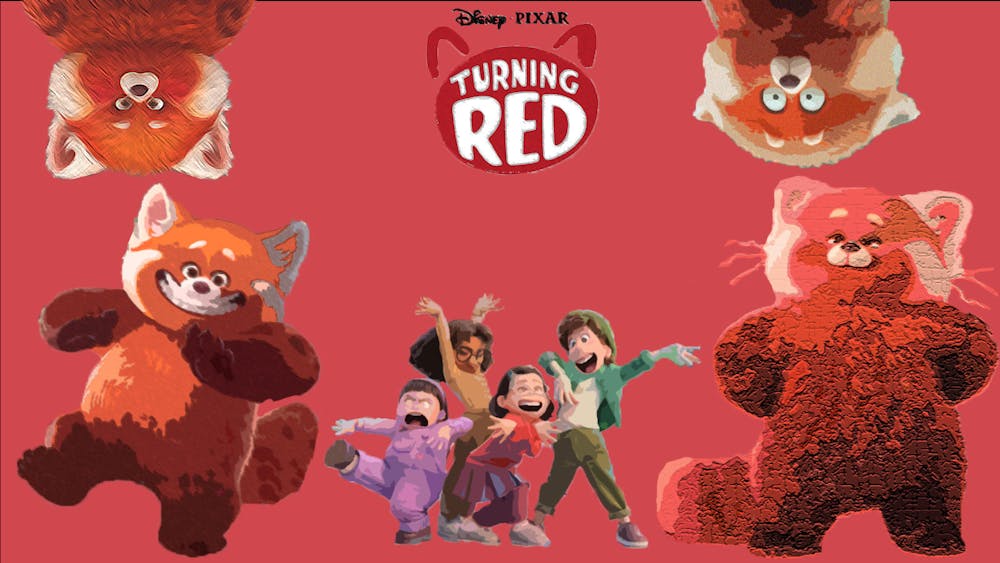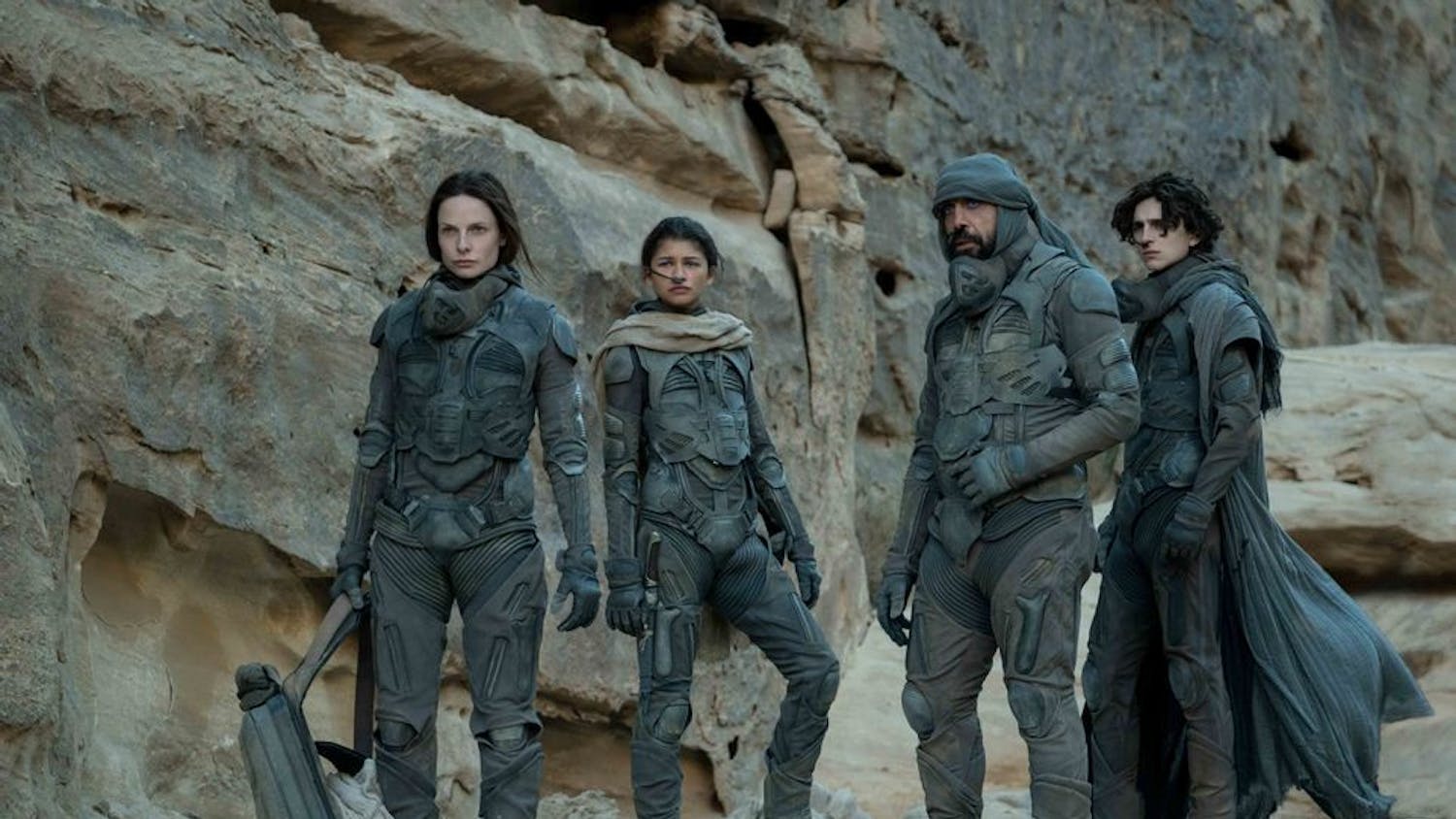If you've been on social media recently, chances are you've seen content about Disney’s newest film, “Turning Red.” Directed by Domee Shi (the same director for the Disney short film “Bao”), the film is the first Disney feature to explore the coming-of-age genre. It features Mei Lee, a thirteen-year-old girl, as she navigates puberty and becomes her own self with the help of her three friends.
The film follows Mei as she manages school and family life, always overseen by her fiercely loving and wildly overprotective mother. Mei works hard to please her parents, until one day she wakes up and discovers that she turns into a giant red panda when her emotions get too strong. She soon learns to control it with the help of her friends, although it causes her relationship with her mother to become unstable.
“Turning Red” grossed in at over 11 million at the box office, excluding the money made from purchasing it and Disney+ subscriptions, as the film was released on the platform on March 11. The film has sparked both success and critique across various platforms.
This easily accessible release was supposed to increase praise for the film, but it has since sparked controversy from several parents over the “mature'' themes in it being easily accessible for their children to watch.
Many people claimed the film was ”problematic” for discussing periods and crushes, and they were also infuriated that the film depicted Mei as “rebellious,” saying that she should've just listened to her mother the whole time.
However, it would be ignorant and inaccurate to have a film about teen girls going through puberty without the mention of periods, and Mei’s mother was extremely controlling of her daughter. Mei-Mei stood up for her rights and voice while helping her mother work through her own buried emotions.
The film depicts healthy ways to deal with internal conflicts, and parents who dismiss it or call it “inappropriate” seem to be missing some of the central messages of the film that are directed at both parents and tweens alike.
The film shows the changing dynamic between parent and child relationships and depicts Mei as her own person who is strong and independent, who makes decisions for herself and prioritizes her needs along with the needs of her friends and family. The film shows how generational trauma can lead to unhealthy parent/child relationships and deals with common issues that many young adults face when they navigate becoming their own person.
I believe the film is excellently laid out and written, as some of the lines from it really hit home. I am in no way a Disney fan, but this is one of their few projects that really sparked true emotion and feeling in a subtle but deep way.
There is also something to be said for the cultural aspects of the film, as Mei’s Chinese culture is specifically pointed to as a special part of her identity, and she embraces the tradition of the panda instead of locking it away.
The film is also overwhelmingly accurate to the teen experience, and many people are praising it for just how similar it is to how puberty unfolds and how accurate the characterization is for the film's four leading girls.
This is also the first Disney film to have four female leads, and their impact is furthered by their individuality and characterization. They aren't just Mei’s two-dimensional friends but fully fleshed out with interests of their own.
The music is also a key part of the film's charm, with most of it coming from the group “4-Town,” a boy band that Mei and her friends are obsessed with. Billie Eilish and Finneas composed the music for the band, and the songs mesh well with the “boy band culture” of teen interest.
The plot revolves around the friends attending a 4-Town concert and the journey to see their crushes live. The band and its music bond the girls and help Mei control her feelings. Their platonic love is expressed through music, and it really adds a special touch to the depiction of friendship in the film.
There are a few areas where the film could've been improved. Notably, it had many plot holes — such as Mei not attending school for multiple days when her panda is uncontrollable and no one batting an eye — and the ending seemed a bit rushed, with a few issues left unresolved.
Overall, the film is one that is filled with familiar emotion, not only in its characters but in its themes and message as well. The idea of loving and embracing the parts of yourself that are “too big” or “different” is an amazing message for those going through puberty, and the self-love and strength that Mei shows as she navigates her own self-advocacy make her an excellent role model for tweens, teens, and adults.
We've all been through puberty at some point, and this film perfectly captures those emotions. It is worth the watch, even for adults, as it may even remind some of us of ourselves from the past.





